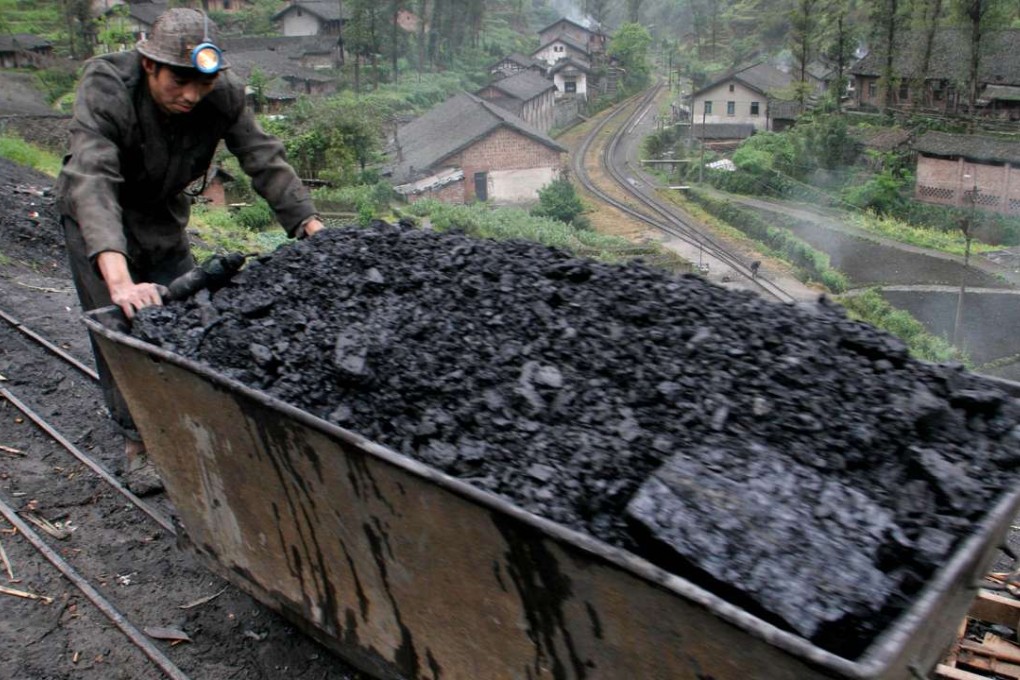State-owned Sichuan Coal defaults on bond for second time
The latest repayment failure comes as analysts predict a surge in mainland defaults next year as 5.5 trillion yuan of onshore bonds come due

A state-owned Chinese coal firm has missed a repayment on a bond for the second time this year, amid increasing concerns that defaults may surge as trillions of yuan in onshore bonds mature next year.
Sichuan Coal Industry Group, owned by the government of the south-western Sichuan province, failed to repay the principal and interest on 1 billion yuan in three-year private placement notes (PPN) with a 7.5 per cent coupon due on December 25.
The company’s previous default, six months ago, was only resolved with government intervention. On that occasion, Sichuan Coal, the biggest coal producer in the province, missed a payment of 1.05 billion yuan of bond principal and interest that was due in mid-June.
Back then the bondholders managed to secure a full repayment after the local government stepped in. The company repaid investors in July with entrusted loans from the state-owned Sichuan Provincial Investment Group which obtained them from the company’s underwriters including Bank of Communications and three other state-owned banks.
The company will face intensifying debt repayment pressure in the future as the next one to two years will see the amount of debt that comes due surge
The second default is a reminder to investors of the deteriorating fundamentals of the company, and suggests that even government support may not be enough to reverse that deterioration.
Sichuan Coal first slipped into the red in 2012, and made more than 10 million yuan in losses every year after that. From 2013 to 2015, the gross margin of its coal-related business was in a pronounced decline, falling 33 per cent, 20 per cent and 6 per cent in each of those three years respectively. It dropped further into negative territory in the first quarter of this year.